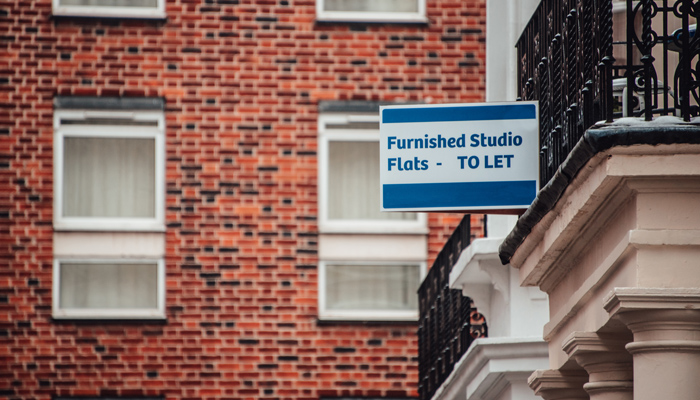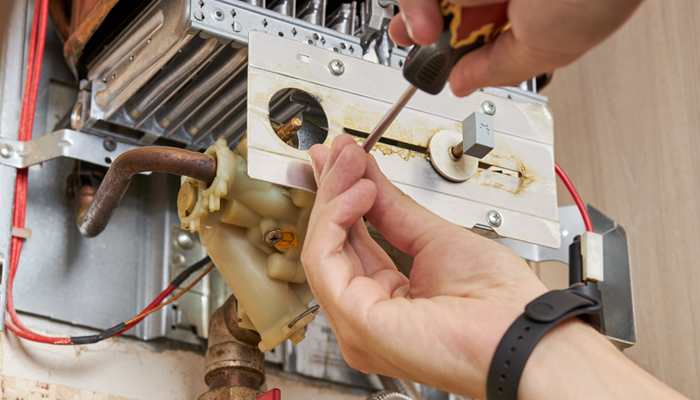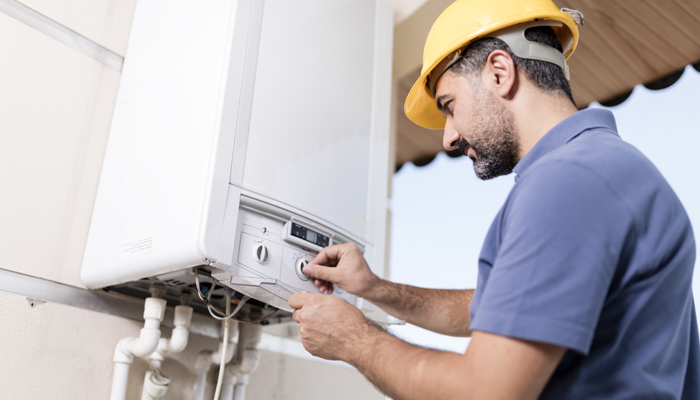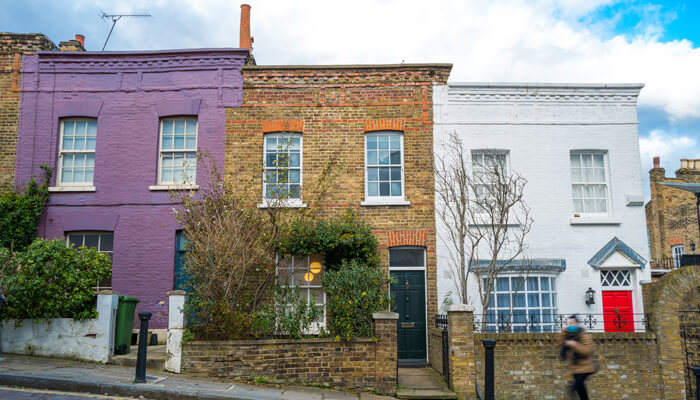What Certificates do Landlords need to Provide?
Deposit paperwork
Are you up to date with the documents you're legally required to give your tenants? In this post, we'll take a look at the certificates and paperwork you'd do well to have on hand whenever you take on new tenants or your current tenants renew.
When your tenants provide you with a deposit, it's your responsibility to protect their money in a government-backed tenancy deposit scheme (TDP). Once you've received the deposit, you're then responsible for providing your client with the following information in writing:
-
The name and contact details for:
- You
- Your tenant
- Your TDP
- Any third party acting on your behalf
- Any letting agency acting on your tenant's behalf
- Details relating to the deposit, including the amount protected, the address of the property it relates to, and any relevant information on how their deposit is protected.
- Conditions under which you might keep some or all of the deposit
- How to apply to get the deposit back
- What to do if you (the landlord) can't be contacted at the end of the tenancy
- What to do if there's a dispute over the deposit
In England and Wales, you must safeguard your tenant's deposit and provide them with the above information within 30 days of receiving their deposit. Approved TDPs include:
Landlords in Scotland also have 30 working days to ensure that the deposit is registered with a TDP. Scottish providers include:
Landlords in Northern Ireland must protect deposits in approved schemes within 14 days of receipt. They must provide tenants with specific information on their tenancy, including information about their deposit, within 28 days of receiving the deposit using any of the following TDPs:
Safety certificate landlords must provide
As a landlord, it's your responsibility to ensure that all gas equipment and appliances pass an annual safety check by a Gas Safe registered engineer. You should provide new tenants with this information when they move in and existing tenants within 28 days of completing the check.
Energy Performance Certificate
Energy Performance Certificates (EPCs) determine how energy efficient your property is. Your EPC is valid for ten years and is a legal requirement whenever properties are built, sold, or rented. To get your EPC, you'll need to use this contact for a Domestic Energy Assessor in Scotland and this contact for elsewhere in the UK.
Note: In Scotland, your EPC must be displayed within the property (e.g. in the meter cupboard or next to the boiler).
Electrical certificates landlords must provide
Landlords should also make sure that their property's electrical system is in safe working order and that all appliances within the residency meet current safety standards. The best way to do this is with an accredited electrician registered with NAPIT.
Note: Only Houses in Multiple Occupation (HMOs) require an electrical inspection report and/or certificate every five years. Nevertheless, it's a good idea to get even non-HMO properties inspected regularly.
A copy of the latest 'How to rent' checklist
Landlords in England are required to give their tenants an up to date version of the How to rent: The checklist for renting in England handbook. At the start of each new tenancy or upon a current tenant's renewal, make sure you check your handbook against the current version to ensure that it's up to date.
Note: This is only a requirement for properties in England.
- In Scotland, you must provide tenants with the Tenant Information Pack.
- In Northern Ireland, you must provide tenants with the Rent Book.
Landlord registration certificates: Scotland and Northern Ireland
In Scotland and Northern Ireland, any landlord who rents out property has to register their details with the government, and provide their registration number to their tenants.
Other safety considerations for landlords
When it comes to the health and safety of your tenants, you can't be too careful—even if you're not required to provide them with written documentation. Make sure that your property is kept in good repair and adheres to current safety regulations. It's important that you furnish each floor with a smoke alarm, install carbon monoxide alarms in rooms with a fireplace or wood burner, and ensure that your furniture complies with current fire safety regulations.
Ensure your landlords insurance is clear for your tenants
While you aren't required to present your landlords insurance papers to your tenants, you should clearly indicate what you expect you tenants to insure. For example, do you require them to insure items in a furnished accommodation? This is also important for commercial property where tenants may be making improvements over time.
For more information, please visit our post on Landlord Responsibilities or the Government's page on Private Renting.
Landlords insurance from Towergate
Landlord insurance provides cover specifically for renting properties, including loss of rent cover and property portfolios. For more information visit our dedicated landlord insurance page or call us on 0344 892 1664.
About the author
 Alison Wild BCom (Hons), FMAAT, MATT, Taxation Technician is a highly respected industry professional who has been working with and advising SMEs in areas including tax, pensions, insurance and marketing for over 25 years. She is a member of the Association of Accounting Technicians (AAT) and Association of Tax Technicians (ATT) and also has over 20 years' experience as a residential landlord.
Alison Wild BCom (Hons), FMAAT, MATT, Taxation Technician is a highly respected industry professional who has been working with and advising SMEs in areas including tax, pensions, insurance and marketing for over 25 years. She is a member of the Association of Accounting Technicians (AAT) and Association of Tax Technicians (ATT) and also has over 20 years' experience as a residential landlord.
Date: May 16, 2016
Category: Landlords












